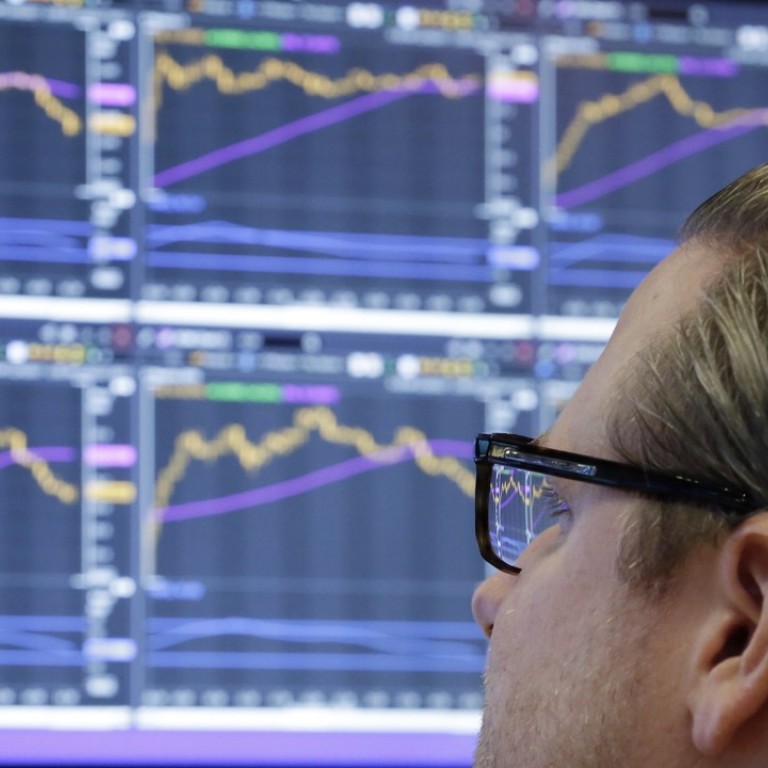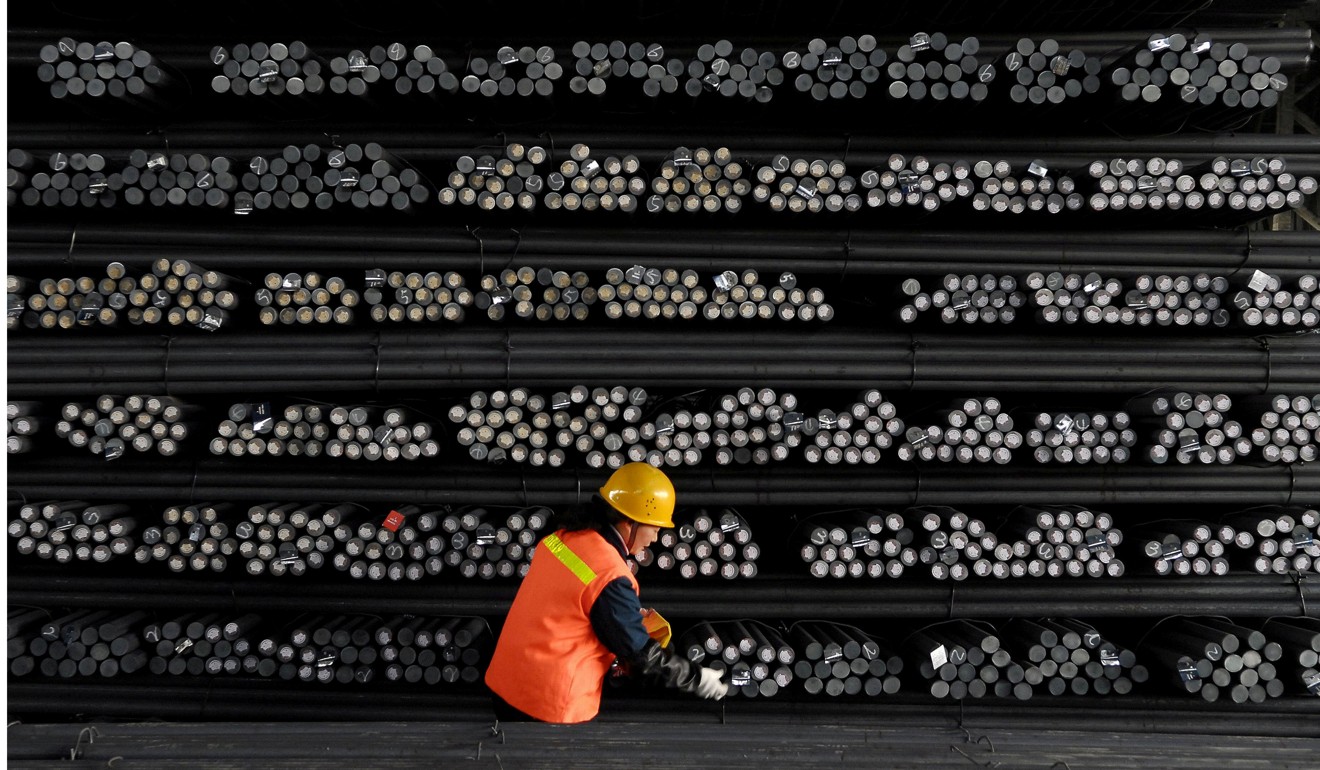
Global stock and property bubble unlikely to burst while rates remain low, Invesco says
Inflated asset prices are not driven by excessive leverage, but by low rates, which central banks will only raise gradually, says chief economist John Greenwood
Global stock and property markets are showing signs of being in a bubble, but it is unlikely to burst in coming years as it is based on low interest rates and not high leverage, according to investment management company Invesco.
John Greenwood, chief economist at the US firm and architect of Hong Kong’s currency peg to the US dollar, said at a media conference on Thursday that the environment would remain favourable for asset prices in 2018 because slow money growth that resulted in low inflation had allowed monetary policy tightening to be gradual.
“The bubble we are seeing comes from valuations of asset prices that have risen to high levels because of extremely low interest rates, leading to high prices for long duration assets. It is not based on high leverage,” Greenwood said.
“As long as central banks raise rates cautiously and the business cycle expansion remains intact, financial markets can continue to discount continued earnings growth for several years ahead,” he said.
This environment could continue until interest rates are roughly normalised, he said. For example, interest rates in Hong Kong would have to rise more than 200 basis points before causing a significant impact on the property market, and even then it would only cause a 5 per cent to 15 per cent correction from where property prices were at the time, he added.
Only when high valuations are based on excessive leverage would a bubble burst and cause great damage to business growth due to a sudden collapse of credit, as seen in the Lehman crisis in 2008, he said.
Some economists have suggested that China may be in a bubble, particularly in its frothy property market. Greenwood noted that leverage in the country had increased a lot, but the government was already addressing the problem. With money supply growth now below 10 per cent and domestic credit growth also slowing, it was highly likely that China would not see a sharp rise in inflation.
“So by and large, China is in good shape and that is good for Hong Kong going forward,” Greenwood said.
Invesco forecasts China’s real gross domestic product growth at 6.6 per cent in 2018, compared to a market consensus of 6.4 per cent, and sees inflation at 1.0 per cent, compared to a consensus of 2.2 per cent.

However, China faces risks if it does not radically reform its state-owned companies, Greenwood said, noting that these large non-market entities could create problems for the global economy because they export surplus products and impact global prices, causing friction with market-oriented economies.
Chinese President Xi Jinping appears unlikely to privatise or require market forces to have a bigger say in state-run businesses, Greenwood said, meaning that investment by such companies may continue to be based on non-economic reasons.

